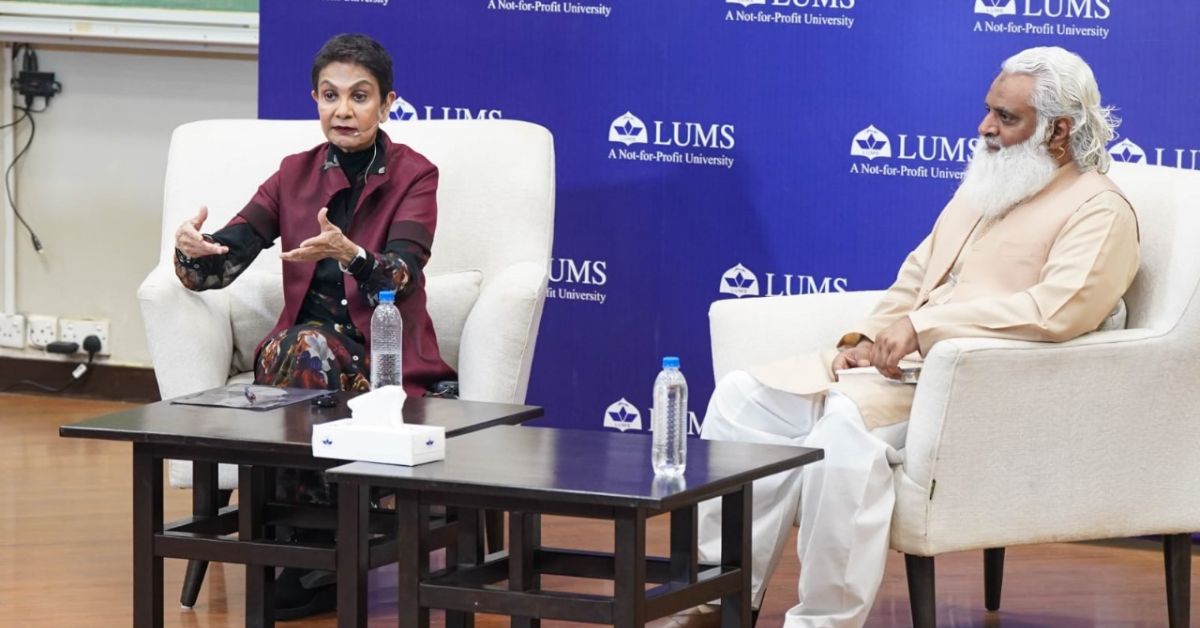Sultan Mehmed II, famously known as “Mehmed the Conqueror,” stands as one of the most significant figures in Ottoman history. His reign marked a transformative period that not only expanded the boundaries of the Ottoman Empire but also cemented its influence in both the East and West. Mehmed II’s strategic acumen, military prowess, and visionary leadership were instrumental in shaping the Ottoman state into a formidable power that would endure for centuries. This article delves into the life of Mehmed II, exploring his early years, rise to power, and the lasting impact of his rule on the Ottoman Empire and beyond.
Historical Context
Before Mehmed II’s birth in 1432, the Ottoman Empire was already a burgeoning power under the leadership of his father, Sultan Murad II. The empire was strategically positioned between Europe and Asia, controlling key trade routes and territories that facilitated its growth. However, the region was fraught with political instability, with rival states such as the Byzantine Empire and emerging European powers vying for dominance. The fall of Constantinople in 1453, orchestrated by Mehmed II, was a pivotal event that not only marked the end of the Byzantine Empire but also symbolized the Ottoman ascendancy in the region.
Family Background
Mehmed II was born to Sultan Murad II and Emine Hatun, members of the influential Ottoman ruling family. His father, Murad II, was a seasoned leader who had successfully expanded the empire’s territories and managed internal conflicts with deftness. Emine Hatun, Mehmed’s mother, played a crucial role in his upbringing, instilling in him the values of leadership, justice, and resilience. The environment in which Mehmed was raised was one of strategic planning and military preparedness, laying the foundation for his future role as a ruler. From a young age, Mehmed exhibited signs of exceptional leadership, demonstrating both intelligence and a keen sense of strategy that would later define his reign.
Cultural and Educational Foundations
Mehmed II’s education was meticulously crafted to prepare him for the complexities of ruling a vast empire. He was tutored by some of the most learned scholars and military strategists of his time, who imparted knowledge in areas such as theology, history, military tactics, and governance. This comprehensive education exposed Mehmed to a variety of cultures and religions within the empire, fostering a sense of tolerance and adaptability. Islamic scholarship profoundly influenced his philosophy and policies, emphasizing justice, ethical governance, and the importance of knowledge. Mehmed’s exposure to different cultures and ideas enabled him to implement reforms that were both progressive and respectful of the empire’s diverse population.
The Birth of a Ruler
The birth of Mehmed II was a significant event for the Ottoman Empire, signaling the arrival of a future leader who would play a pivotal role in its expansion and consolidation. From his early years, Mehmed was groomed for leadership, participating in military campaigns and administrative duties alongside his father. Notable anecdotes from his childhood, such as his participation in scouting missions and his ability to strategize during conflicts, foreshadowed his later achievements as a ruler. These early experiences not only honed his military skills but also ingrained in him a deep sense of duty and commitment to his people.
The Path to the Throne

Mehmed II ascended to the throne at the tender age of 12 after the abdication of his father, Sultan Murad II, in 1444. However, his rule was initially interrupted by Murad’s return due to ongoing conflicts, forcing Mehmed into exile. Upon Murad’s final abdication in 1451, Mehmed officially became the Sultan. His early reign was marked by efforts to consolidate power and stabilize the empire. Mehmed faced numerous challenges, including internal rebellions and external threats from rival states. His initial military campaigns focused on securing key territories and eliminating dissent within the empire, laying the groundwork for future expansions.
Mehmed II’s Vision for the Empire
Mehmed II possessed a grand vision for the Ottoman Empire, aspiring to transform it into a global powerhouse. His ambitions were not limited to territorial expansion but also encompassed unifying the diverse peoples within the empire under a single, cohesive administrative system. Mehmed employed a combination of military strength and diplomatic alliances to achieve his goals. He recognized the importance of strong advisors and military leaders, relying on their expertise to implement his strategies effectively. Mehmed’s vision included not only conquering new lands but also fostering economic prosperity, cultural development, and maintaining political stability within the empire.
Legacy of Mehmed II
The legacy of Mehmed II is profound and multifaceted, impacting both the Ottoman Empire and European history. His most notable achievement, the conquest of Constantinople in 1453, was a turning point that reshaped the geopolitical landscape of the region. The fall of Constantinople not only ended the Byzantine Empire but also established the Ottomans as a dominant force in both Europe and Asia. Mehmed’s rule also saw significant cultural and administrative reforms, including the establishment of educational institutions, the promotion of arts and architecture, and the implementation of a centralized bureaucratic system. These contributions ensured the longevity and stability of the Ottoman Empire, which continued to flourish long after his death.
Conclusion
Sultan Mehmed II’s enduring legacy is a testament to his exceptional leadership, strategic brilliance, and unwavering vision for the Ottoman Empire. From his early life and education to his monumental achievements and reforms, Mehmed II played a crucial role in shaping the course of history. His conquests and administrative innovations not only solidified the empire’s power but also left an indelible mark on the cultural and political fabric of the region. Mehmed the Conqueror’s legacy continues to influence modern Turkey and serves as an inspiring example of visionary leadership and resilience.
RESORSES









